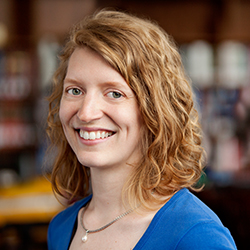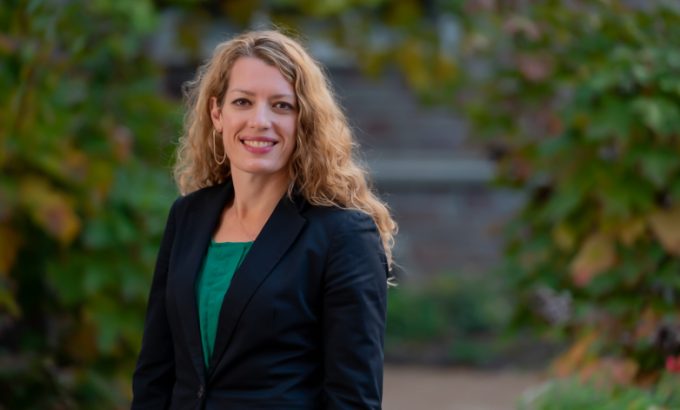Urban Design Concentration
The Urban Design concentration brings interdisciplinary thinking to the multifaceted public health challenges across urban, built environments.
Our curriculum prepares students to understand, address and prevent the adverse health consequences and inequities associated with poorly designed urban landscapes. This concentration is offered in collaboration with Washington University’s Sam Fox School of Design & Visual Arts.
Strong evidence indicates that the built environment can create or restrict opportunities for healthy living. The greatest improvements in population health will come from innovative, intersectoral collaborations around issues of public health, housing, food and recreation access, work sites, transportation and urban design—areas our students learn to address.
The concentration prepares students to meet those challenges from an evidence-based and transdisciplinary perspective. Students learn essential methodologies including Geographic Information Systems and Health Impact Assessments.
The MPH Urban Design program is not currently accepting additional applications for future academic terms. Urban design courses are still available to interested MPH students and students will work with their academic advisor to pursue courses that align with their specific interests.
Concentration Requirements: 15 Credits
- Public Health & Urban Design Seminar*
- Geographic Information Systems
- Transdisciplinary Problem Solving: Public Health and the Built Environment
- MPH practicum (urban design-focused)
- Two of the following courses: Metropolitan Sustainability, Metropolitan Urbanism, or Metropolitan Development
Other courses of interest may include:
- Community Development & American Cities*
- Developing Sustainable Urban Communities*
- Urban Development Seminar*
*Taught through or with WashU’s Sam Fox School of Design & Visual Arts
Practicum
The MPH program requires 360 hours of practicum. Sample Urban Design practicum sites include:
- AmericaWalks
- City of St. Louis Community Mobility Committee
- TrailNet

Featured Graduate
“How can we make our environments healthier? Whether it’s planting trees, putting in bike lanes or building a farmer’s market or a grocery store, I think, ‘Who are the people that are going to benefit from them and what can we do to make them accessible to everybody?”
—Rebecca Gernes, MSW/MPH ’14, Program Administrator, Denver Community Active Living Coalition, City and County of Denver
